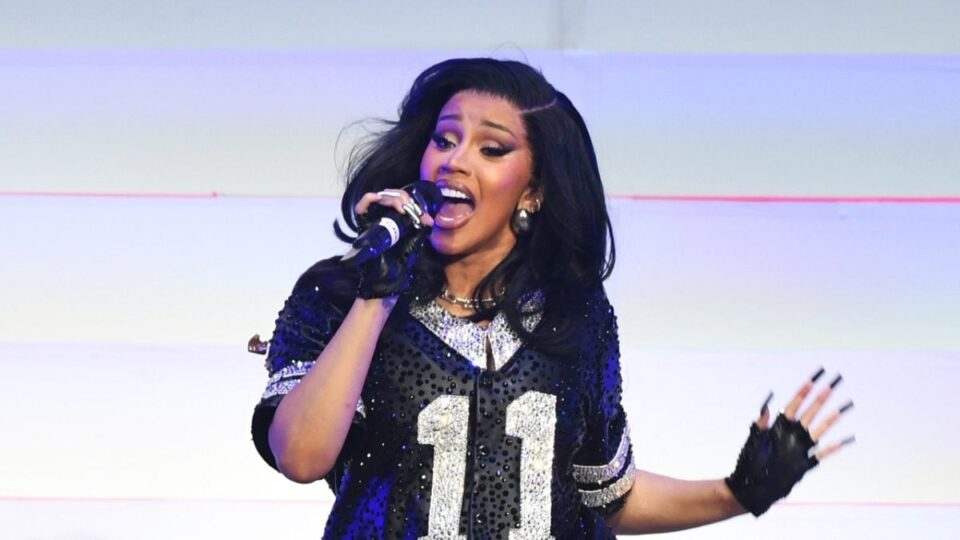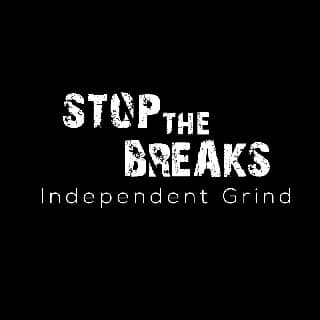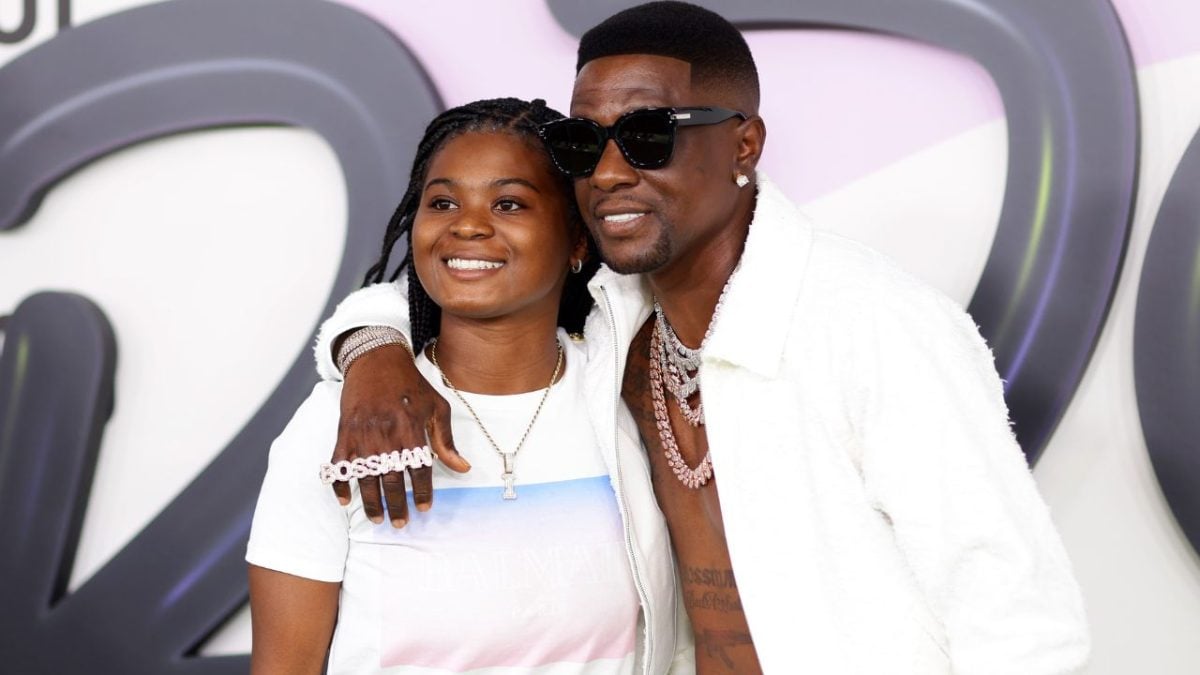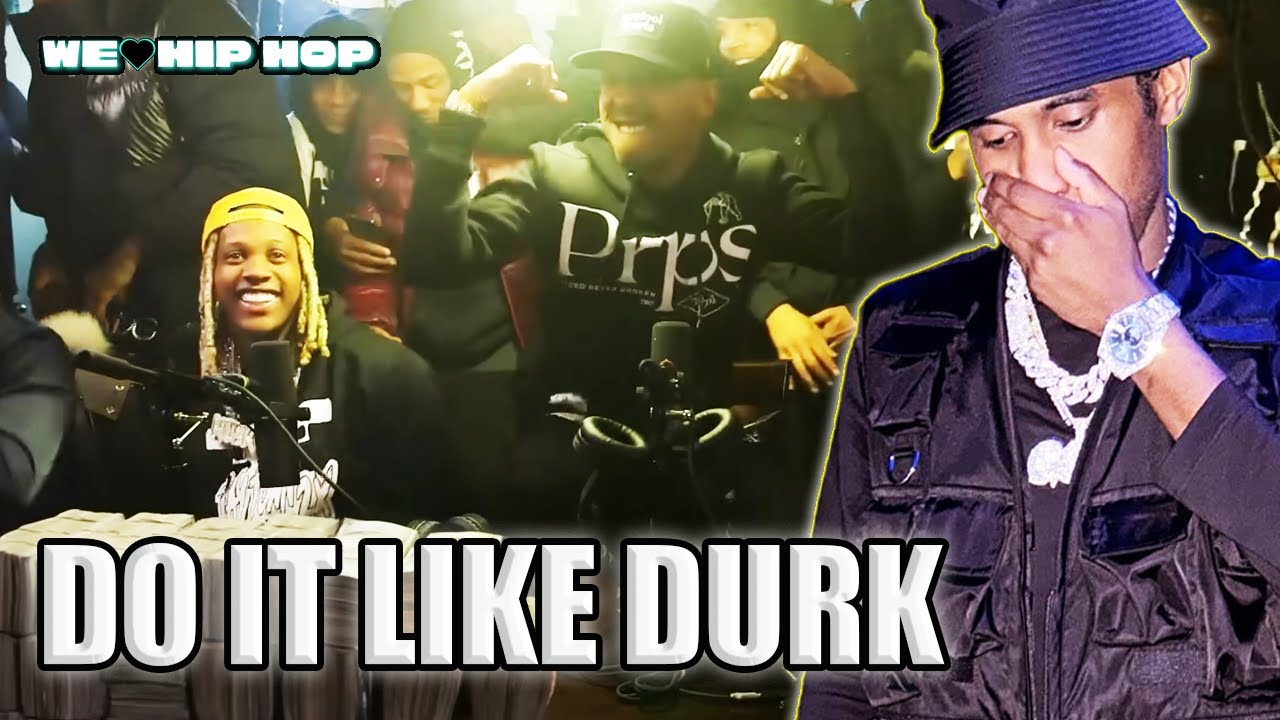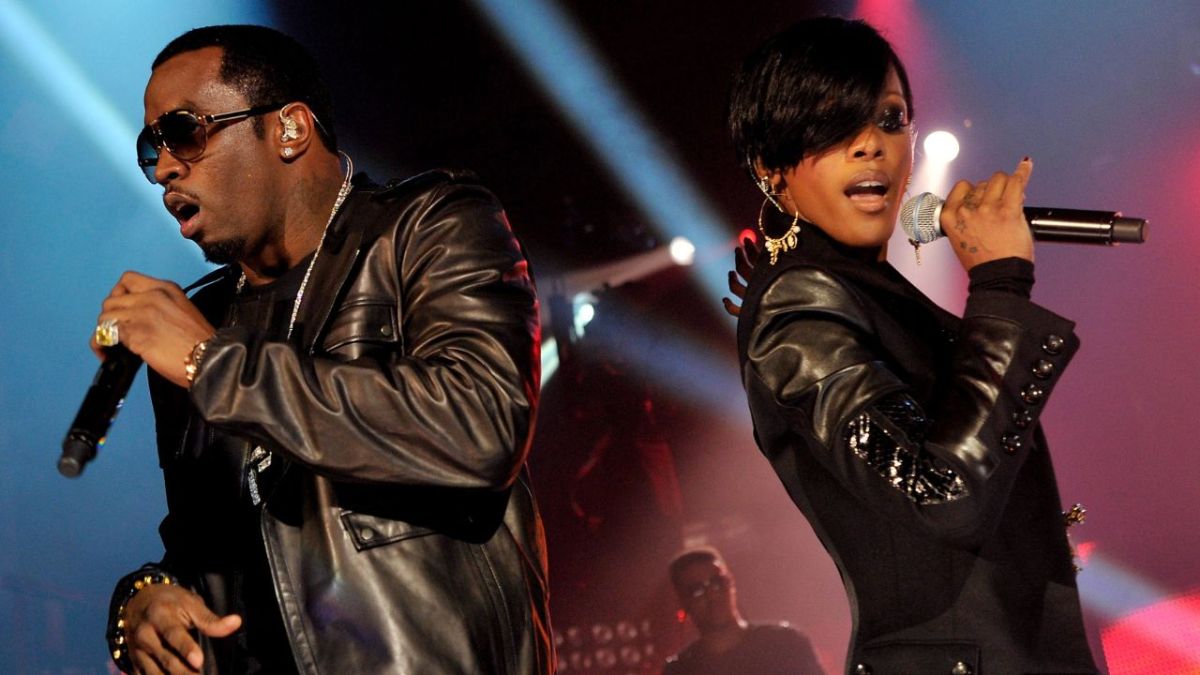The hip-hop world has long been captivated by the legendary feud between Tupac Shakur and Biggie Smalls. However, few know about the lesser-known clashes between Tupac and Ice Cube, two iconic West Coast figures who began as friends but eventually fell out.
Tupac and Ice Cube first crossed paths in 1990 when Tupac was with Digital Underground, and Ice Cube had just left N.W.A. for a solo career. Bonding over their shared passion for hip-hop, they quickly became friends. Cube respected Tupac’s energy and potential, even treating him like a little brother. They freestyled together on tour, and Cube saw Tupac grow from a background rapper to a significant solo artist.
However, their friendship began to fray due to creative differences. Tupac yearned to create more socially conscious music, while Cube’s output remained anchored in gangsta rap. The two icons clashed over artistic direction; Tupac wanted to move away from his group’s dance tunes to address real societal issues, influenced by Cube’s politically charged music.
Their separation deepened when Cube rejected a role in John Singleton’s film, ‘Poetic Justice,’ which was then offered to Tupac. Cube felt the character’s actions were unrealistic and refused to play the part. Tupac’s stellar performance further widened the gap, and Cube’s rejection is seen as a missed opportunity that propelled Tupac’s acting career.
The beef simmered beneath the surface, with subtle jabs and misunderstandings piling up. Tupac felt Cube was not supportive. He believed Cube’s refusal to clear a sample for ‘Dear Mama’ was driven by jealousy. This decision forced Tupac to alter the song, which he saw as sabotage.
Shifting gears, Cube formed Westside Connection and dropped tracks defending the West Coast. Tupac, fresh out of prison and signed to Death Row Records, interpreted this as Cube riding the wave of his success. Tupac viewed himself as the face of the West Coast, and Cube’s pro-Westside stances seemed like a challenge to his dominance.
Both artists had immense egos, and their paths never aligned again. Their competitive natures led to a rivalry marked by indirect shots in lyrics and public statements. Despite the tension, Tupac admired Cube’s lyrical prowess and acknowledged his impact on West Coast hip-hop.
When Tupac was shot and later died in 1996, Cube’s remarks suggested Tupac’s aggressive approach to beefs was a cautionary tale. Cube urged the hip-hop community to learn from Tupac’s fate. This sparked controversy, with fans accusing Cube of hypocrisy, especially since Westside Connection’s lyrics were also combative.
Years later, The Outlawz, Tupac’s crew, held onto the grudge. During a studio session, Napoleon from The Outlawz confronted Cube about their beef, leading to tension and missed collaboration opportunities. Cube’s subliminal diss about California Love in ‘Let It Rain’ was seen as a shot at Tupac, furthering the rift.
Despite the competitive fire and misunderstandings, both artists significantly shaped hip-hop. Tupac’s passionate activism in his lyrics and Cube’s pioneering gangsta rap narratives pushed boundaries. Their unspoken rivalry added a complex layer to their legacies, reflecting the competitive spirit of 90s hip-hop.
The Tupac and Ice Cube feud is a tale of friendship turned rivalry, fueled by creative differences, misunderstandings, and egos. Despite their competitive tension, both remain pivotal figures in hip-hop history, each leaving an indelible mark on the genre with their unique styles and groundbreaking contributions.

